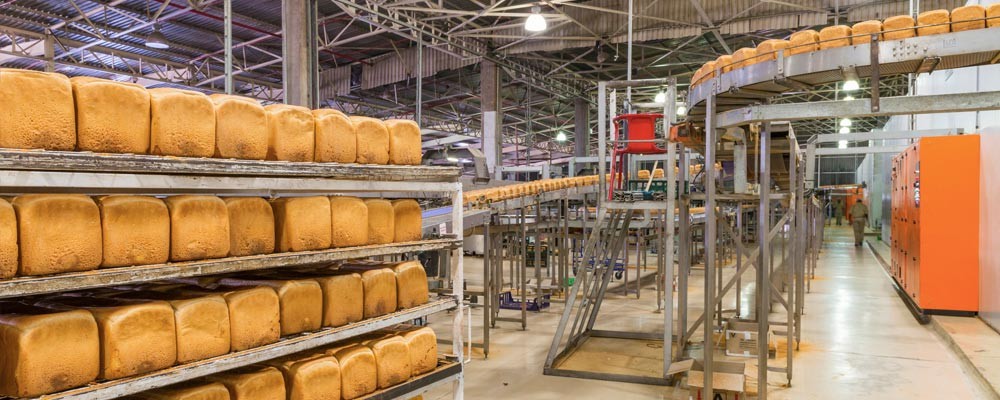Barbara van Hellemond is Ambassador at the Dutch Embassy in Harare, Zimbabwe. In this fourth blog of our ambassador series, she points out that having access to formal financial services is very important in a fragile economy.
Access to financial services in a fragile economy like Zimbabwe is highly relevant. Micro, small and medium enterprises (MSMEs) account for 50% of GDP and employ 96% of the workforce. Lack of access to finance is cited as the primary obstacle to growth in Zimbabwe. The Dutch government helps MSMEs start or grow their business and contribute to sustainable, inclusive economic growth. Promoting access to finance at the lower end of the market is MASSIF's core mission in Zimbabwe.
Having access to formal financial services offers individuals and businesses new opportunities to transact, manage risks, smooth consumption and invest in education, health and business.
Having access to formal financial services offers individuals and businesses new opportunities to transact, manage risks, smooth consumption and invest in education, health and business. Access to savings accounts empowers women in particular and boosts investment. In 2016 MASSIF provided NMB Bank with a line of credit worth USD 15 million for lending to SMEs focusing on smallholdings or medium-sized businesses run by women.
Via Microcredit, a leading microfinance institution in Zimbabwe MASSIF also provides financial services to people with no or only limited access to finance. Zimbabweans face harsh challenges when it comes to accessing capital and gaining employment. There is a severe shortage of cash and the economy continues to flounder. Lack of trust and confidence in banks means that loans and remittances from friends and family, in addition to savings and lending groups, fll a key demand for highly trusted and customisable financial services. These informal methods work, but can be risky, expensive and unpredictable.
In 2014, MASSIF invested in the Takura Fund, a private equity vehicle that invests primarily in growing local companies. A few years ago, Takura invested in Lobel's Bread Holdings, helping it overcome the challenges of escalating raw material prices to keep its bread affordable. It was the first baker to introduce a half loaf size into the local market. Thanks to the growing popularity of its products, Lobel's Bread Holdings now holds a large part of the bread and confectionery market and was able to hire many new employees to meet the growing demand.
Due to recent liquidity issues, most payments in Zimbabwe are made electronically, with more than 96% of transactions conducted using plastic, internet and mobile money. This has put Zimbabwe ahead of other countries in the global shift towards a cashless society. The Dutch government will support financial sector development through FMO and MASSIF because this transition to mobile technology can have a key impact on financial inclusion in Zimbabwe and drive inclusive economic growth.
Source: Annual Report of MASSIF



